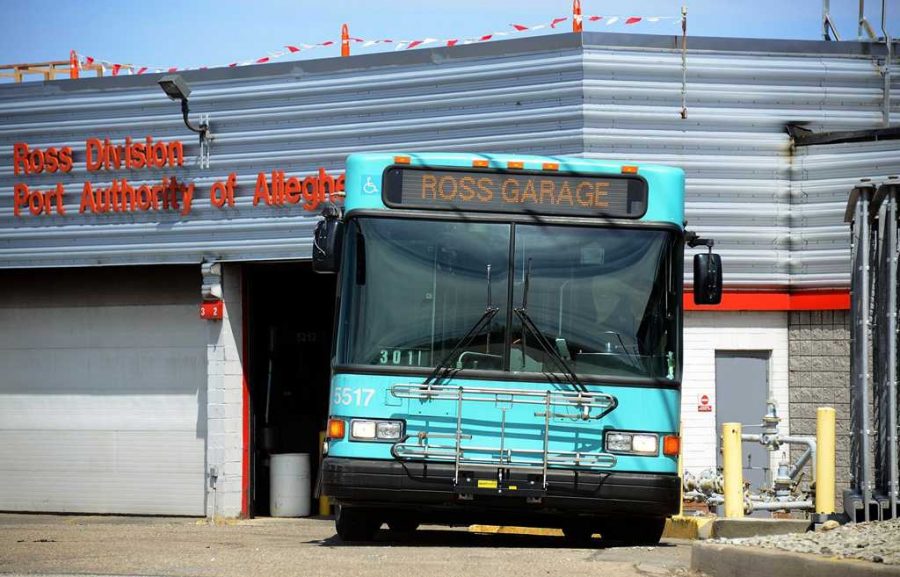In response to rider and staff feedback, Port Authority has issued a proposal to implement a flat $2.50 per ride fare for the first time in 35 years.
At a Port Authority board meeting Wednesday, the Planning and Stakeholder Relations Committee recommended a policy that would institute a flat fare of $2.50 for bus riders regardless of destination. Currently, Port Authority uses a zone system that charges riders $3.75 per ride if they travel from one zone to another and $2.50 if they travel within zones.
Zone One extends radially from Downtown to the edges of Homewood and Crafton, whereas Zone Two extends to New Kensington and other northern suburbs.
The new measure outlines a pay-as-you-enter policy to replace the current system, which requires riders to either pay as they get on the bus toward Downtown or pay as they exit the bus outside of Downtown.
The policy changes would go into effect Jan. 1, 2017.
“Riding transit should be easy and affordable,” Port Authority CEO Ellen McLean said in a statement. “This proposal has the potential to open doors to new riders who may not have considered or could afford public transportation in the past.”
At its meeting later in January, the Port Authority Board will consider a 60-day public comment period, including at least one public hearing, to allow the public to voice their opinions on the proposed changes.
Port Authority has not yet set a date for the hearing.
If the Board approves the comment period, it will consider the public’s input when it decides whether or not to approve the proposal this spring.
The policy changes would not affect Pitt students using their student IDs for bus fare because Pitt has a separate contract with Port Authority. Pitt is currently in its fourth year of a five-year contract with Port Authority.
Since 2013, riders have been able to pay for bus fare with a ConnectCard. The fare change proposal encourages riders to use the reloadable cards, which cost $2 to purchase or replace, by implementing a 25-cent surcharge for those who use cash.
In combination with the pay-as-you-enter measure, discouraging riders from paying in cash would increase boarding efficiency, according to a press release.
“The proposal not only makes public transportation more accessible and affordable for our riders,” Board Chairman Bob Hurley said in a press release. “It’s the right move for this agency moving forward.”


